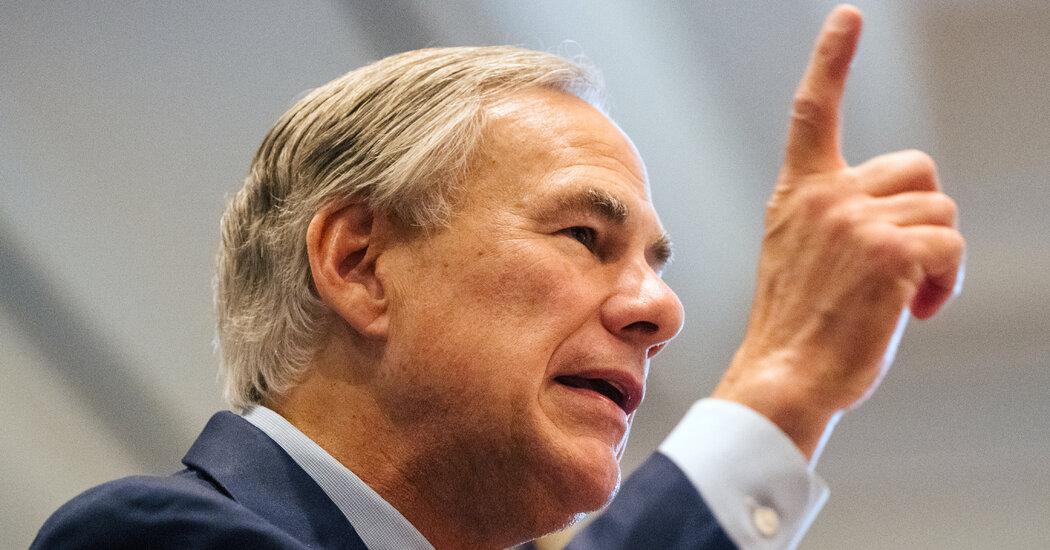
Some parents were angered by that explanation.
“That doesn’t explain an awful lot of what they’ve done,” said one mother of a transgender teenager in Dallas, who requested that only her first name, Holly, be used to protect her family’s privacy. Holly’s son had received counseling and testosterone treatments from the clinic since 2018, she said, and she hopes he will continue to be seen by his existing providers at Children’s Medical Center.
“He has been seen. We’ll see if that continues,” she said. “I’m concerned that it won’t.”
Andy Hackett, a 19-year-old college student who started going to Genecis three years ago, said the clinic’s expert providers not only gave him testosterone treatments and emotional support, but also helped to reassure his parents, who were worried about the medications.
Restricting medical support for trans adolescents won’t make their needs go away, he said. “The mind-set almost feels like, if you take away the resources then kids will stop being queer,” he said. “But that doesn’t mean there’s going to stop being trans kids.”
Genecis’ closing was the beginning of a wave of changes related to transgender adolescent care in Texas. Last week, in response to the attorney general’s determination that hormone therapies for transgender adolescents could constitute child abuse, Texas Children’s Hospital in Houston, a private nonprofit institution, stopped providing the treatments.
And in recent weeks, the U.T. administration has also tried to excise transgender health from its medical school’s curriculum.
In February, university leaders asked the instructors of a two-week elective course on transgender health to remove all mentions of the words “transgender” or “gender dysphoria” from the syllabus and course description, according to emails reviewed by The Times. The class title was changed from “Adolescent and Young Adult Transgender Care” to “Multidisciplinary Care of Diverse Youth.”
Then last week, after the governor’s order to investigate transgender medical care for adolescents as child abuse, the university decided to stop offering the medical school elective course altogether, according to two people involved in the class. The course was reinstated on Monday, after inquiries from The Times, and reverted to its original title.



